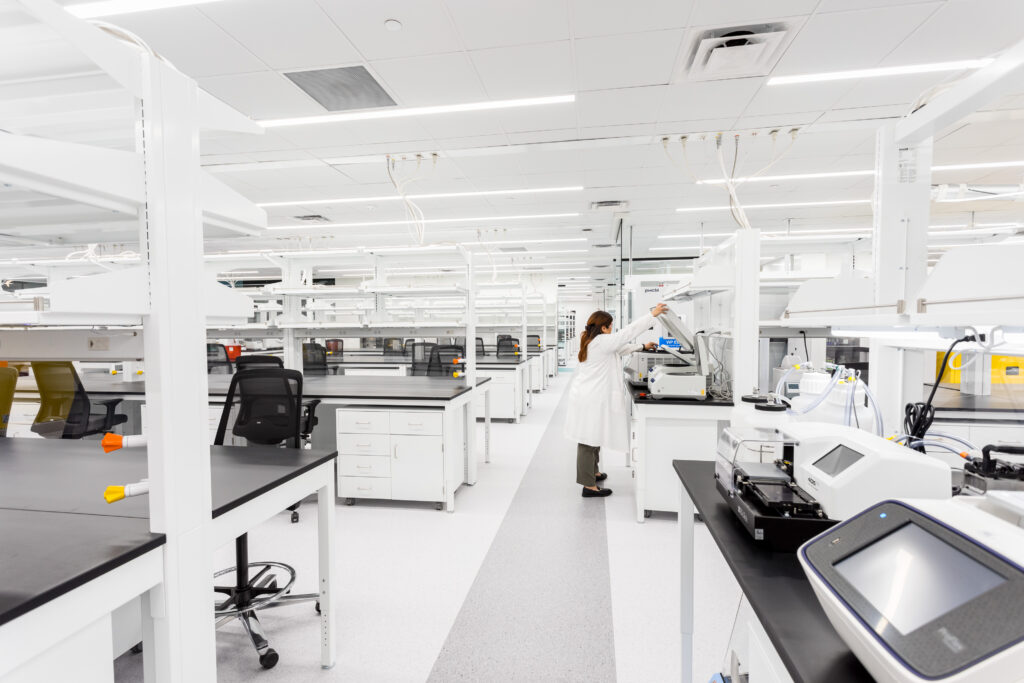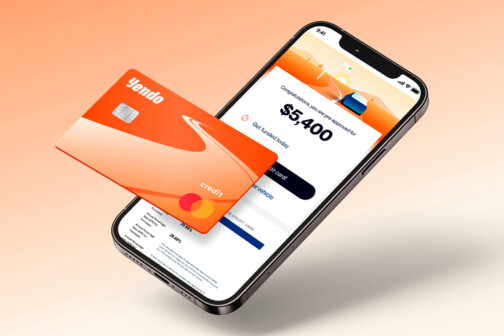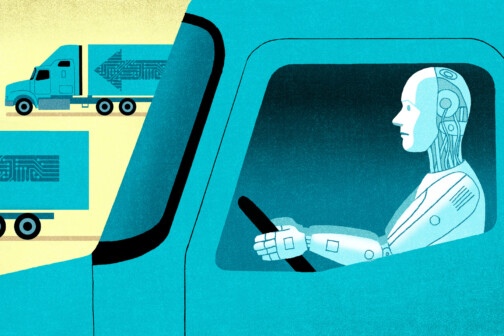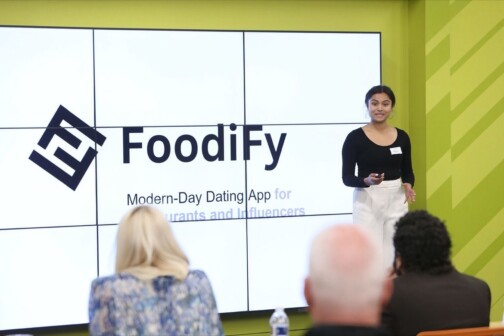In early August, dozens of players in the biotech industry convened at Tech Titans’ The Future of Biotech in North Texas forum at Pegasus Park. The evening’s highlight was a panel featuring four representatives from local organizations that have significantly contributed to the expansion of biotech in North Texas: Lili Clark, associate at Lyda Hill Philanthropies and LH Capital; Ben Magill of Dallas College; Claire Aldridge, chief strategy officer of Form Bio; and Gabby Everett, director of business operations and strategy of BioLabs.
Lyda Hill Philanthropies, alongside J. Small Investments, spearhead the Pegasus Park project to turn the former oil industry site into Dallas’ biotech heart. The 23-acre campus currently features 750,000 square feet of office and warehouse space, a number that’s soon to grow.
BioLabs, situated in the campus’s 18-story office tower, serves as an incubator and collaborative space for biotech startups from all over the country. It provides the necessary equipment for a startup to graduate into the next stage of operations.
Form Bio, a spinoff of Colossal (the Dallas-based company working to bring back the wooly mammoth among other extinct animals), lends its AI and software to biotech companies, assisting companies in improving its products. It also works with Solid Biosciences, PacBio and NVIDIA, and is Google’s preferred multi-omics partner.
D CEO sat down with Clark, Aldridge, and Everett to discuss advancements in medicine via biotech, Pegasus Park, the state of biotech in North Texas, and more. This conversation was edited for brevity and clarity.
D CEO: Lili, what makes Dallas, or more specifically Pegasus Park, attractive to biotech startups—and how does Dallas differ from other markets?
Clark: “When a lot of people think of traditional life science hubs, they think of the coastal hubs, but we can really play to our advantage that we are centrally located and really accessible. We have two major airports, which makes it easy for startups and investors and accelerators to get back and forth. We also have a huge number of higher ed and health systems here that all collaborate. Texas Instruments, UT Dallas, and UT Southwestern have all come together to create a new biomedical engineering department and building which will launch this fall. It’s collaborations like that, that I think are pretty unique to our region and what help us really stand out.”
D CEO: And, Gabby, how many companies currently work out of BioLabs?
Everett: “We have 24 companies right now, and they’re from all over. They range from cancer therapeutics, all the way up to wearable medical devices. They’re from Boston, New York, Maryland, Arizona, San Francisco, and North Texas. They’re from UT Southwestern, UT Dallas, and we’ve got a SMU company with us. There’s a lot of geographic and technological diversity.”
D CEO: Now, Claire, how does Form Bio assist its clients in their research and spur the growth of biotech?
Aldridge: “We’ve been able to help one customer understand why their drug product wasn’t pure through our analysis of the data. They had the data, they just didn’t know how to understand it. We designed workflows that helped them understand it, and then we used our AI/ML platform to redesign it to address design flaws that were in the DNA construct. We were able to use what we know about DNA and synonymous codons to design a product that was easier to manufacture.”
D CEO: Gabby, what are some of the accomplishments that companies have achieved while working out of BioLabs?
Everett: “We’ve had so many success stories. One of the success stories that I can point to was a company that does cell-free stem cells called Secretome Therapeutics. It started with us as just a desk. And then they moved into an office and hired more support on the business side. Then they transitioned to having lab facilities and bench space with us. That’s all happened within the course of the past year, with it hopefully starting phase one clinical trials next year.”
D CEO: Claire, talk about the progress Colossal has made in its wooly mammoth journey. And how can the science learned from the wooly mammoth de-extinction project potentially be utilized in other medical procedures?
Aldridge: “We were able to find frozen samples that we were able to get DNA from. For many other animals, we just don’t have DNA. If they were in a tropical region, we don’t have DNA. And yes, they did try to get it out of amber like they did in Jurassic Park. It did not work.”
“Because Colossal is a de-extinction and biodiversity company, it’s really going after animals that were driven to extinction through human intervention. We think wooly mammoths died out because the Ice Age was over, but really they were over hunted. They were very important in the ecology of the Arctic tundra. They knocked down trees. They turned up the soil. They did all of these things that improved carbon capture. They’re an important keystone species.
“Colossal’s working on how to edit four or five genes at once. When we think about gene diseases that are polygenic, that have multiple proteins that aren’t being made correctly, if we can figure out how to do multiplex CRISPR (clustered regularly interspaced short palindromic repeats) editing, then we could start to apply that to human diseases. Right now we have CRISPR therapeutics that are in development for one gene. It’s a very small mutation, maybe just editing one or two base pairs. If we can start to go in and edit four or five pairs and reverse type one or two diabetes, Alzheimer’s, or some of these diseases that are incredibly devastating, then that would be valuable.”
D CEO: Looking ahead, Lili, does Lyda Hill Philanthropies have any new projects on the horizon?
Clark: “Our next big project is the building right next to us. We hope to create this additional space for more companies to be on campus to keep growing the ecosystem, make sure that we’re creating jobs for students who are interested in biotech, and raise awareness around the fact that North Texas is a great place to be as a biotech entrepreneur.”
D CEO: Finally, Claire, talk to me about the advances in biotech and what solutions are nearing a finish line?
Aldridge: “We talk a lot about it in the context of human health. ‘How do we make better drugs?’ ‘How do we use biotech and our knowledge of DNA and RNA and proteins to make ways to reduce suffering from different diseases?’ But when we think about the broad applications of it, the ability to make drought or disease tolerant agricultural plants, the ability to make changes to bacteria where they can digest oil spills or make leather out of mushrooms, these are the kinds of things that can improve quality of life outside of disease. These are solutions that I hope people would think are cool and exciting.”
Author







